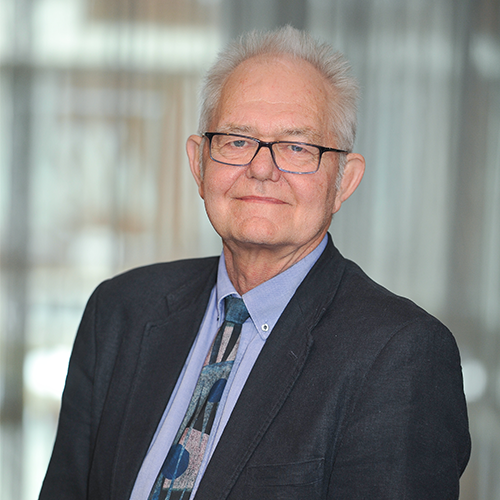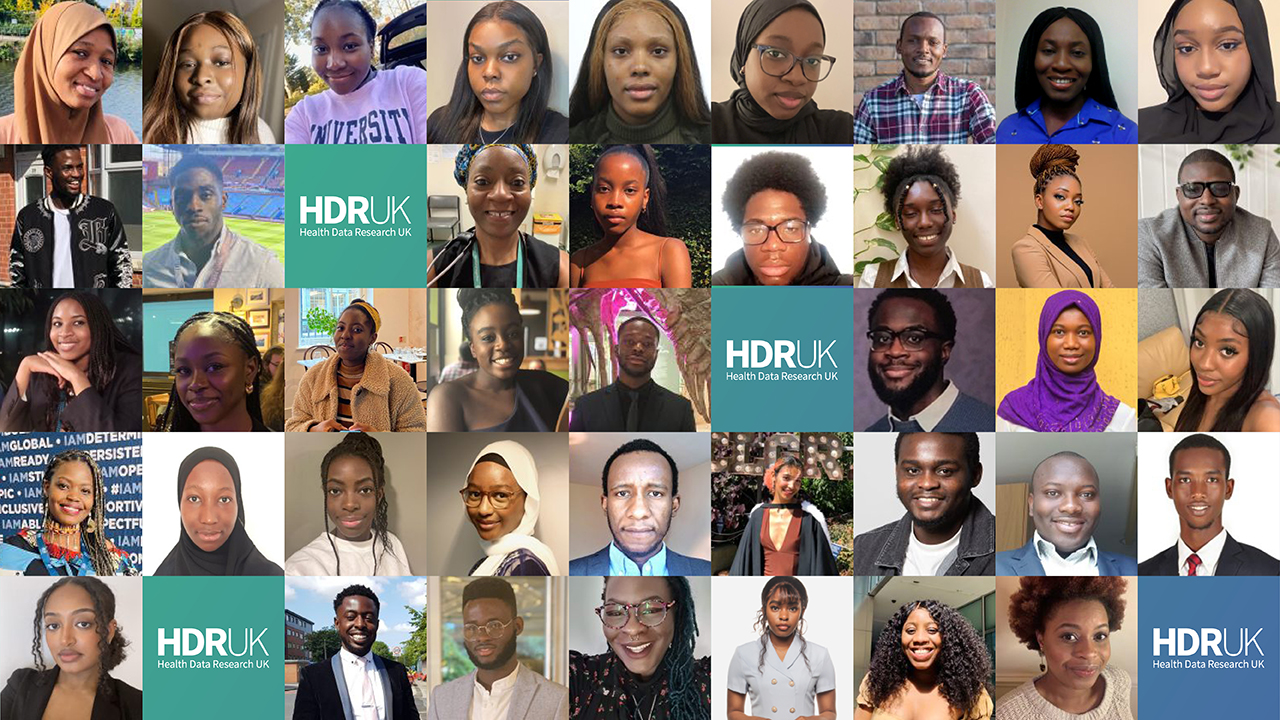I have recently returned from a visit to the northern Brazilian city of Salvador.
The occasion was the annual scientific meeting of a multi-disciplinary investigation into control strategies for rodent-borne zoonoses in Brazilian favelas (slum communities), using leptospirosis in four sites in Salvador as a case-study.

This GCRF-funded (Global Challenges Research Fund) project is led by Professor Mike Begon, an ecologist at the University of Liverpool, but the project as a whole, is firmly based in the Institute of Collective Health, Federal University of Bahia (Instituto de Saúde de Coletiva, Universidade Federal da Bahia) with important contributions from both the social and natural sciences.
My role is to advise on strategies for analysing the wealth of data – both quantitative and qualitative – that is being collected and collated on many dimensions of the natural and social environments of the four sites, their residents and their health outcomes.
As a visitor to the project, I have been greatly impressed by the strength of engagement between the research team and the four local communities. One aspect that has most impressed me, is an internship programme in which favela residents between 16 and 22 years of age, some with limited formal education, receive training in the foundations of data science, from data collection and curation to geographic information systems and web-page design.
They are integral members of the team and make community presentations of their work, helping to cement the link between academics and residents in the co-production of research to benefit the community.

As part of the data-collection process, they photograph scenes of their own choosing illustrating the health hazards that are part of daily life for the residents, but also the natural beauty amidst the urban chaos.
While I was in Salvador, two of these fine young people received news that they had passed their entrance exams to study at UFBA.





